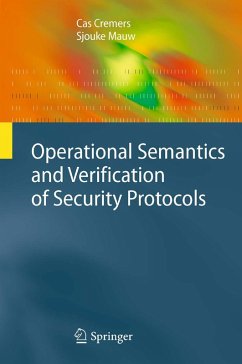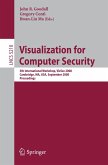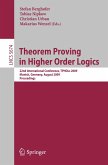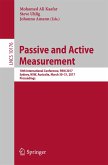Security protocols are widely used to ensure secure communications over insecure networks, such as the internet or airwaves. These protocols use strong cryptography to prevent intruders from reading or modifying the messages. However, using cryptography is not enough to ensure their correctness. Combined with their typical small size, which suggests that one could easily assess their correctness, this often results in incorrectly designed protocols.
The authors present a methodology for formally describing security protocols and their environment. This methodology includes a model for describing protocols, their execution model, and the intruder model. The models are extended with a number of well-defined security properties, which capture the notions of correct protocols, and secrecy of data. The methodology can be used to prove that protocols satisfy these properties. Based on the model they have developed a tool set called Scyther that can automatically find attacks on security protocols or prove their correctness. In case studies they show the application of the methodology as well as the effectiveness of the analysis tool.
The methodology's strong mathematical basis, the strong separation of concerns in the model, and the accompanying tool set make it ideally suited both for researchers and graduate students of information security or formal methods and for advanced professionals designing critical security protocols.
The authors present a methodology for formally describing security protocols and their environment. This methodology includes a model for describing protocols, their execution model, and the intruder model. The models are extended with a number of well-defined security properties, which capture the notions of correct protocols, and secrecy of data. The methodology can be used to prove that protocols satisfy these properties. Based on the model they have developed a tool set called Scyther that can automatically find attacks on security protocols or prove their correctness. In case studies they show the application of the methodology as well as the effectiveness of the analysis tool.
The methodology's strong mathematical basis, the strong separation of concerns in the model, and the accompanying tool set make it ideally suited both for researchers and graduate students of information security or formal methods and for advanced professionals designing critical security protocols.
Dieser Download kann aus rechtlichen Gründen nur mit Rechnungsadresse in A, B, BG, CY, CZ, D, DK, EW, E, FIN, F, GR, HR, H, IRL, I, LT, L, LR, M, NL, PL, P, R, S, SLO, SK ausgeliefert werden.
"This book is a great resource for anyone who wants to do research in the security analysis of protocols. It is written in a textbook style by authors who have excellent command over the subject. It could be used for self-study too ... overall the book does superb justice to the subject in every aspect."
[Sashank Dara, Cisco Systems Inc., IACR Book Reviews, 12/2014]
[Sashank Dara, Cisco Systems Inc., IACR Book Reviews, 12/2014]









